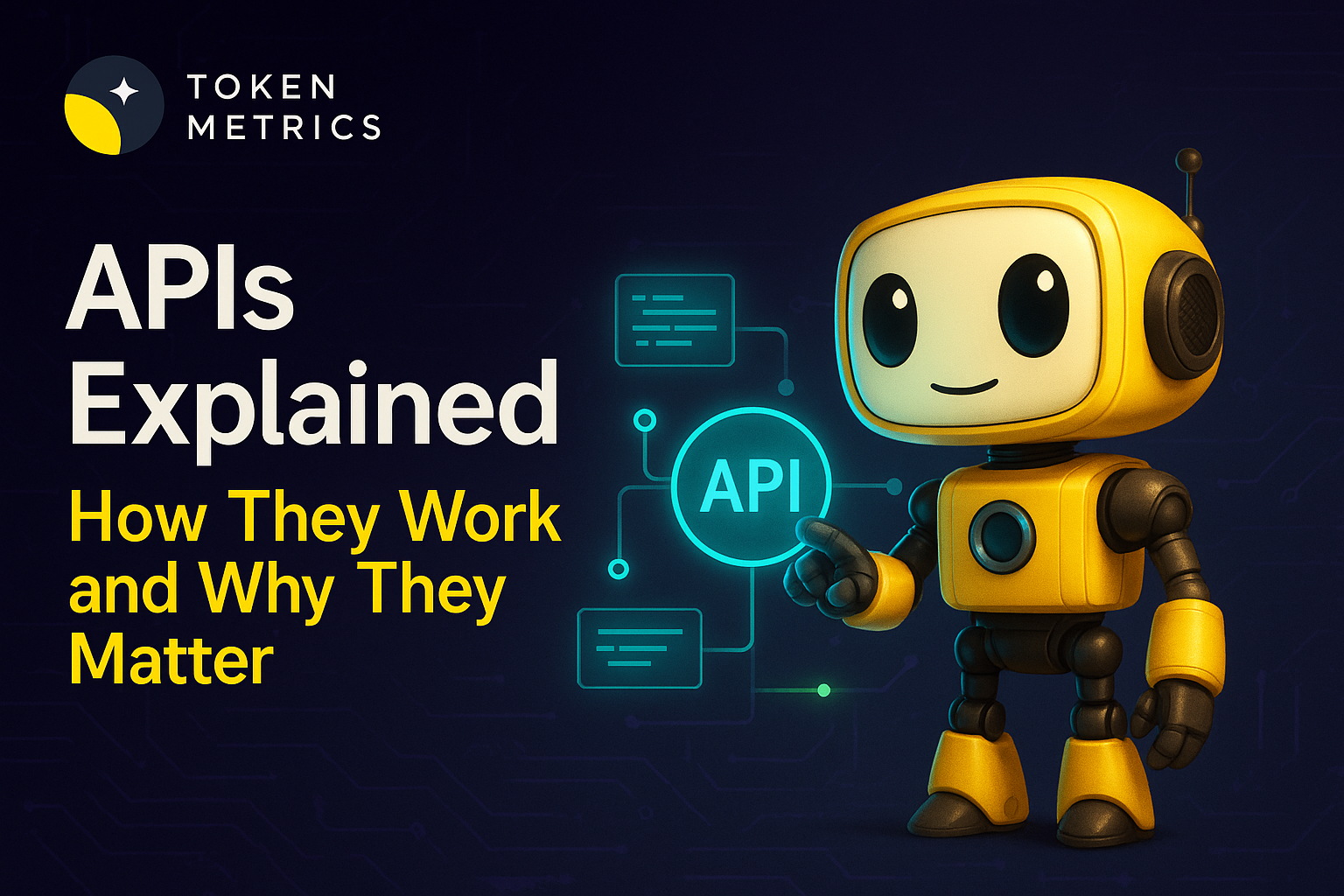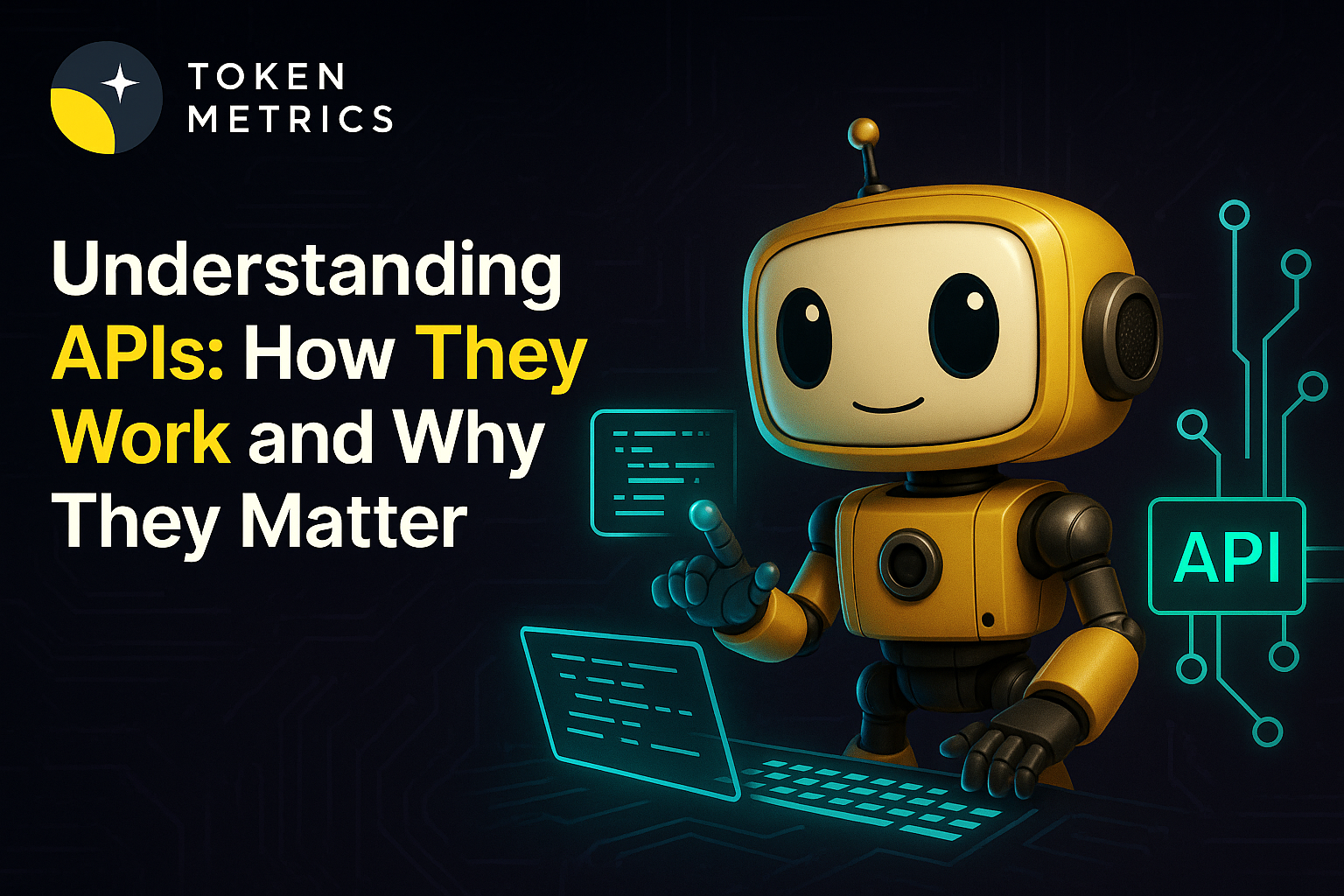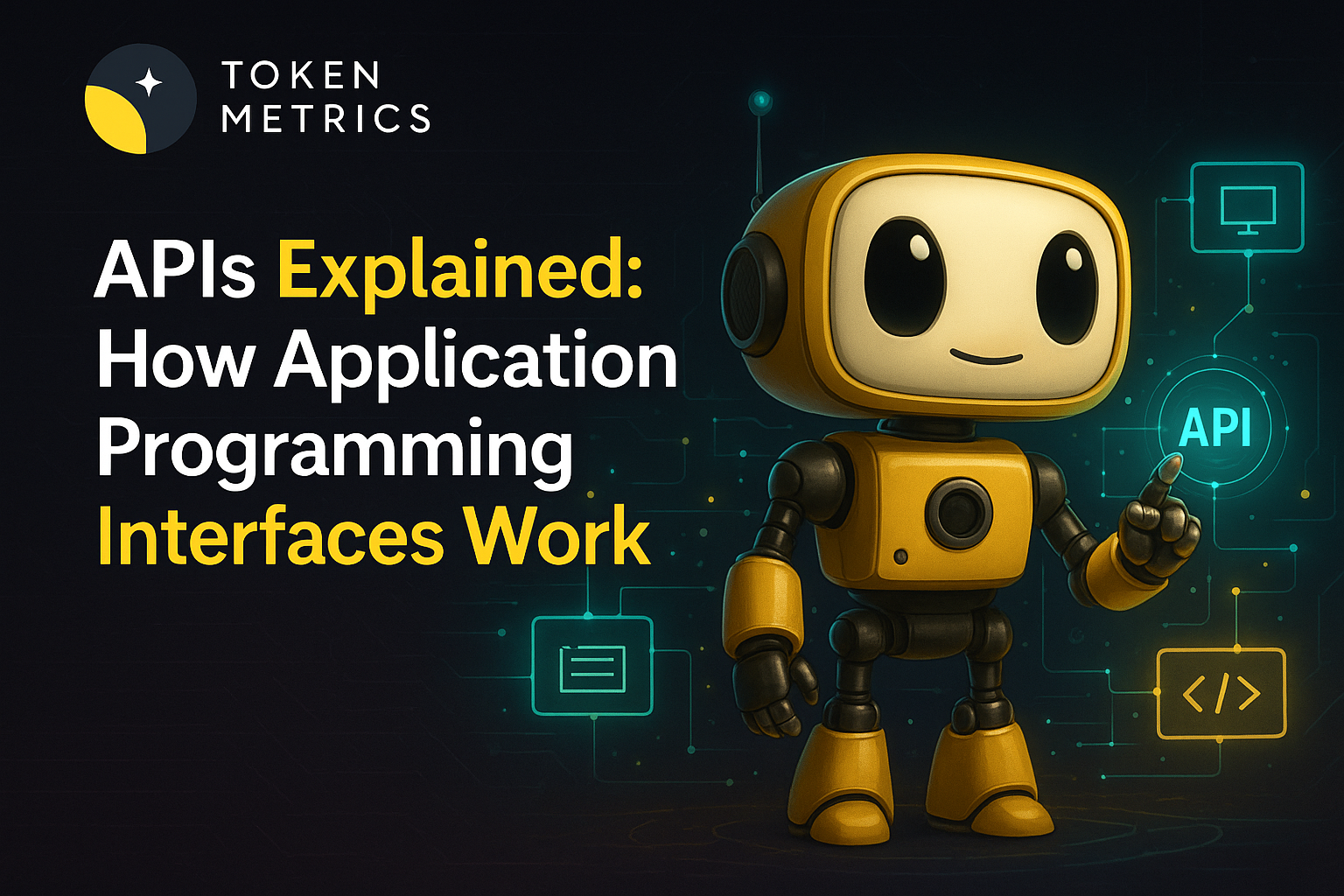
What is a Decentralized Exchange (DEX) and How does it Work?

Cryptocurrencies have revolutionized the financial industry, allowing individuals to make transactions without intermediaries such as banks or financial institutions.
However, traditional centralized exchanges, where cryptocurrencies are traded, have been criticized for their lack of transparency, security vulnerabilities, and susceptibility to hacking.
Decentralized exchanges, on the other hand, provide a more secure and transparent way of trading cryptocurrencies. If you are a cryptocurrency enthusiast, you may have heard about DEX. But what is a DEX, and how does it work?
In this article, we will explore the concept of decentralized exchanges, their benefits and drawbacks, and how they differ from centralized exchanges.
What is a DEX?
A decentralized exchange, or DEX, is a platform that allows users to trade cryptocurrencies without intermediaries or a centralized authority. DEXs are built on blockchain technology and use smart contracts to execute trades automatically.
Unlike centralized exchanges, where users have to deposit their funds into a third-party wallet, DEXs allow users to trade directly from their wallets, providing more control over their funds.
How does a DEX work?
DEX (Decentralized exchanges) use a peer-to-peer network of computers to connect buyers and sellers, allowing them to trade cryptocurrencies directly without intermediaries.
DEXs operate using a decentralized order book, where users can submit buy and sell orders. When a buyer and seller agree on a price, a smart contract is executed automatically, transferring the funds from the buyer's wallet to the seller's wallet.
How to use DEX?
To get started with a decentralized exchange (DEX), you need to follow few steps:
- Choose a DEX that suits your needs and has the cryptocurrencies you want to trade.
- Connect your digital wallet to the DEX platform.
- Transfer your cryptocurrency from your wallet to the DEX to start trading.
- Keep in mind that DEX transactions may have higher fees and longer transaction times than centralized exchanges.
Note: Before utilizing a DEX, traders need to obtain a software crypto wallet that is compatible with the specific exchange. For instance, if someone intends to use an Ethereum based DEX, they should have an Ethereum-compatible wallet such as MetaMask.
How do DEX fees work?
DEX fees are generally higher than those charged by centralized exchanges because there is no central authority to process transactions. Instead, transactions on a DEX are processed through a network of users who are incentivized to keep the network running.
This incentive comes in the form of transaction fees paid by users who want their transactions to be processed quickly. The more people who are using the network, the higher the fees will be.
Additionally, some DEXs charge a fee for listing new tokens on their platform, which can be a way for the exchange to generate revenue. To avoid overpaying on fees, it's important to do your research and compare fees across different DEXs.
With a little bit of knowledge and careful consideration, you can make the most of your DEX trading experience while minimizing fees.
What are the most popular DEXs?
There are several DEXs available in the market, each with its unique features and benefits.
Uniswap - Uniswap is among the most popular DEXs, which is based on the Ethereum blockchain and allows users to trade Ethereum-based tokens.
PancakeSwap - Another popular DEX is PancakeSwap, which is based on the Binance Smart Chain and offers lower fees compared to other DEXs.
SushiSwap - SushiSwap is also a well-known DEX that offers yield farming, allowing users to earn additional tokens by providing liquidity to the platform.
1inch - Another popular DEX is 1inch, which aggregates liquidity from multiple DEXs, providing users with the best possible price for their trades.

With a range of options available, it's important to do your research and compare different DEXs to find the one that best suits your trading needs.
Benefits of using a DEX?
Decentralized exchanges provide several benefits over centralized exchanges, including:
Security - One of the main benefits of DEXs is their security. Unlike centralized exchanges, where users' funds are held in a third-party wallet, DEXs allow users to maintain control over their funds at all times. DEXs use smart contracts to execute trades automatically, eliminating the risk of a hack or a security breach.
Transparency - Another benefit of DEXs is their transparency. All trades on a DEX are recorded on the blockchain, which is a public ledger. This means that anyone can view the trades and verify that they have been executed correctly.
No KYC Requirements - Many centralized exchanges require users to complete a KYC (Know Your Customer) process to verify their identity. DEXs, on the other hand, do not require any KYC information, providing users with more privacy and anonymity.
Access to More Coins - Unlike centralized exchanges, which often have a limited selection of coins available for trading, DEXs provide access to a broader range of cryptocurrencies.
Potential downsides of using a DEX?
While decentralized exchanges offer several benefits, they also have some drawbacks, including:
Lack of Liquidity - One of the main drawbacks of DEXs is their lack of liquidity. Because DEXs operate on a peer-to-peer network, the number of buyers and sellers can be limited, making it challenging to execute trades quickly.
Complexity - DEXs can be more complex to use than centralized exchanges, requiring users to have a certain level of technical knowledge and experience with blockchain technology.
Slower Transaction Times - Because DEXs use a peer-to-peer network to execute trades, transactions can be slower than on centralized exchanges, where trades are executed almost instantly.
Frequently Asked Questions (FAQs)
Q1. What is the difference between a centralized exchange and a decentralized exchange (DEX)?
Centralized exchanges are traditional exchanges where users deposit their funds into a third-party wallet, and trades are executed by a central authority. In contrast, DEXs allow users to trade directly from their wallets and use smart contracts to execute trades automatically, eliminating the need for a third-party intermediary.
Q2. Are decentralized exchanges safe?
Decentralized exchanges are generally considered to be safer than centralized exchanges, as they use smart contracts to execute trades automatically, eliminating the need for a third-party intermediary and reducing the risk of a security breach.
Q3. What are the benefits of using a decentralized exchange?
Decentralized exchanges provide several benefits, including increased security, transparency, and access to a broader range of cryptocurrencies.
Q4. Are decentralized exchanges more difficult to use than centralized exchanges?
Decentralized exchanges can be more complex to use than centralized exchanges, requiring users to have a certain level of technical knowledge and experience with blockchain technology.
Q5. What is the main drawback of using a decentralized exchange?
The main drawback of using a decentralized exchange is the lack of liquidity, which can make it challenging to execute trades quickly.
Q6. How can I start using a decentralized exchange?
To start using a decentralized exchange, you will need to have a cryptocurrency wallet that supports the DEX you want to use. You can then connect your wallet to the DEX and start trading cryptocurrencies.
Conclusion
Decentralized exchanges (DEXs) are regarded as a noteworthy breakthrough in the cryptocurrency arena, although they do not possess the same level of user-friendliness as centralized exchanges (CEXs).
DEXs' efforts towards decentralization and anonymity align with the fundamental values of cryptocurrency, making them particularly appealing to individuals who prioritize these tenets. With the anticipated influx of investors in the cryptocurrency market, it is foreseeable that DEXs will emerge as a more influential player in the financial landscape.
So, if you're looking for a more secure and transparent way to trade cryptocurrencies, consider giving decentralized exchange a try.
Disclaimer
The information provided on this website does not constitute investment advice, financial advice, trading advice, or any other sort of advice and you should not treat any of the website's content as such.
Token Metrics does not recommend that any cryptocurrency should be bought, sold, or held by you. Do conduct your own due diligence and consult your financial advisor before making any investment decisions.

.svg)

Create Your Free Token Metrics Account

.png)




%201.svg)
%201.svg)


%201.svg)









.svg)




.png)